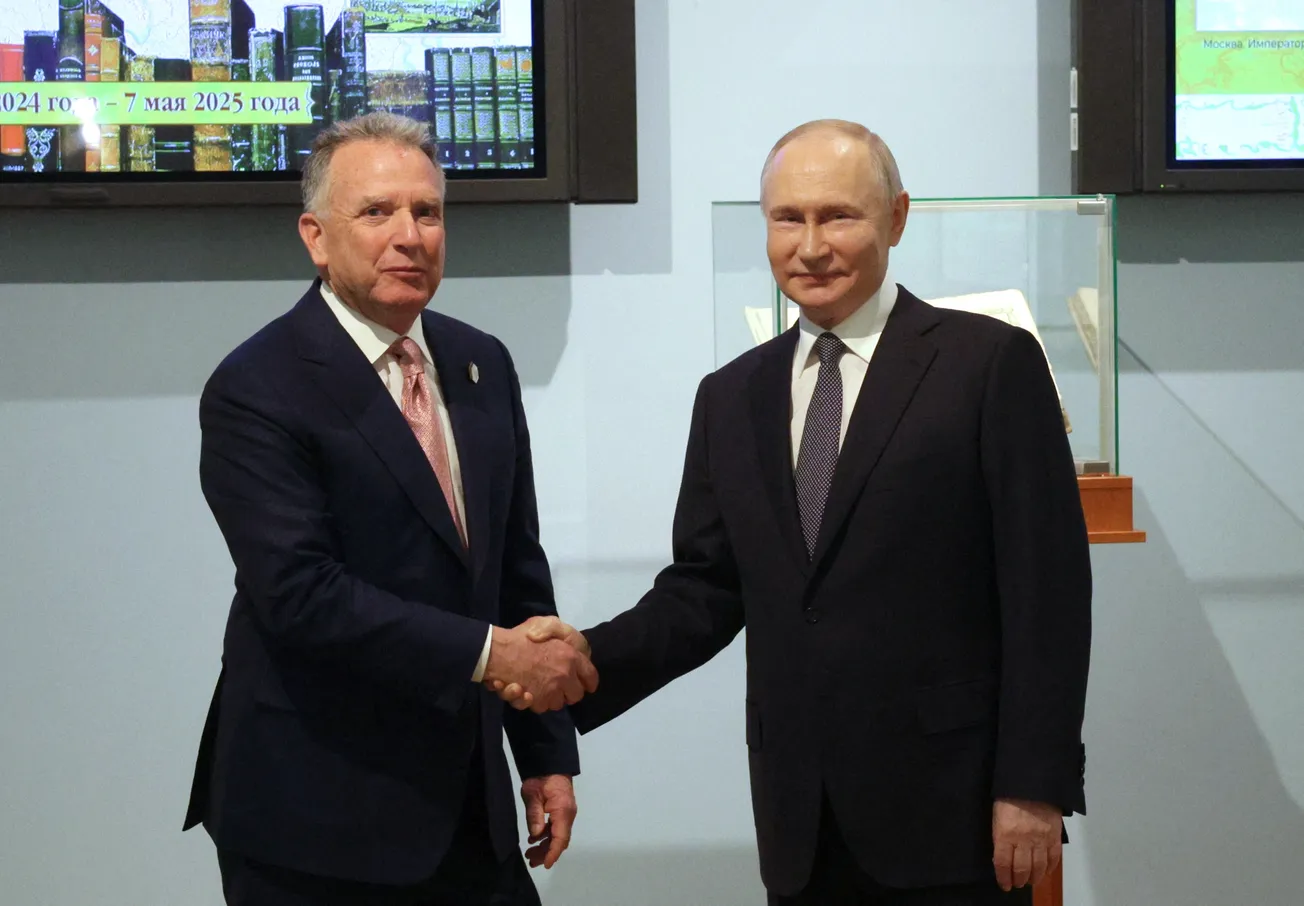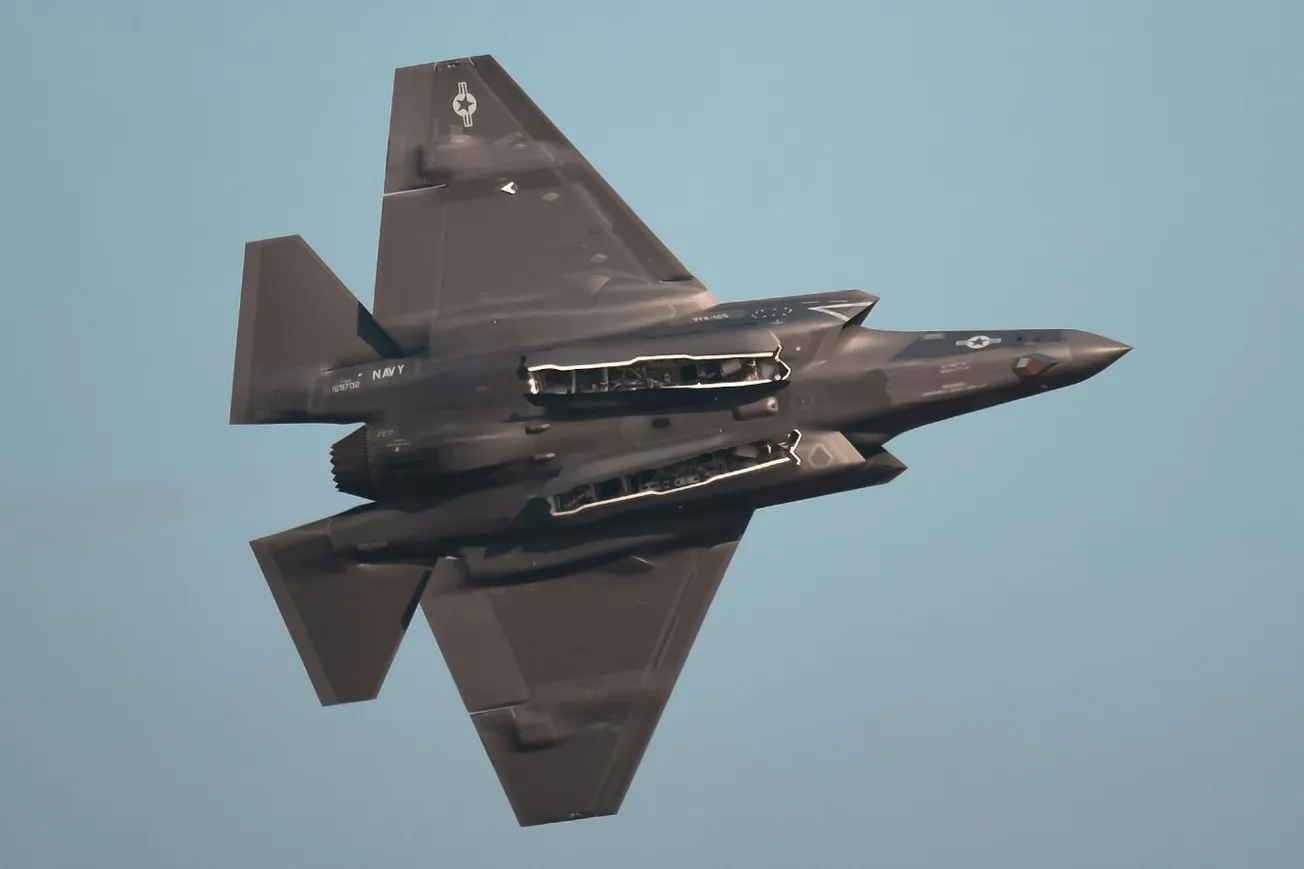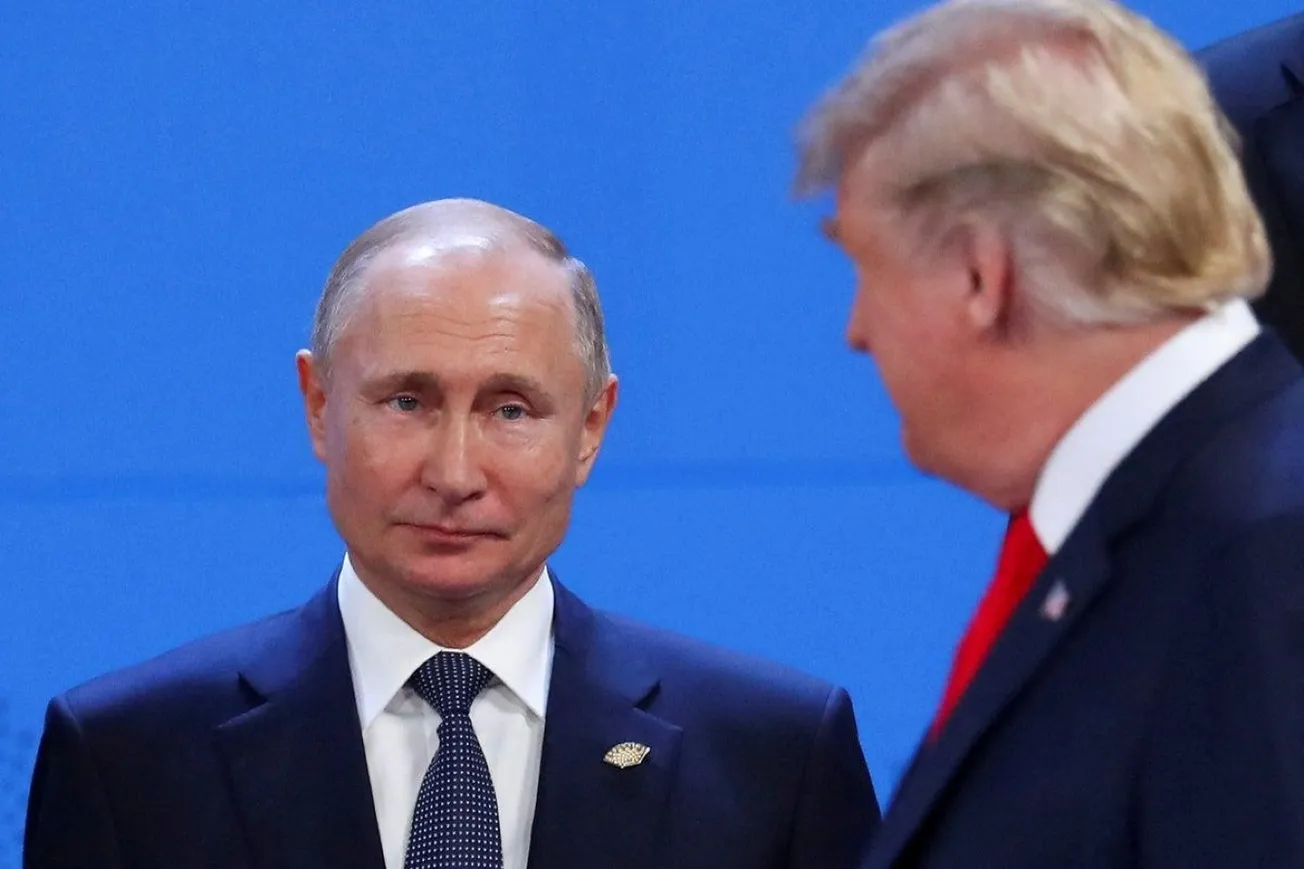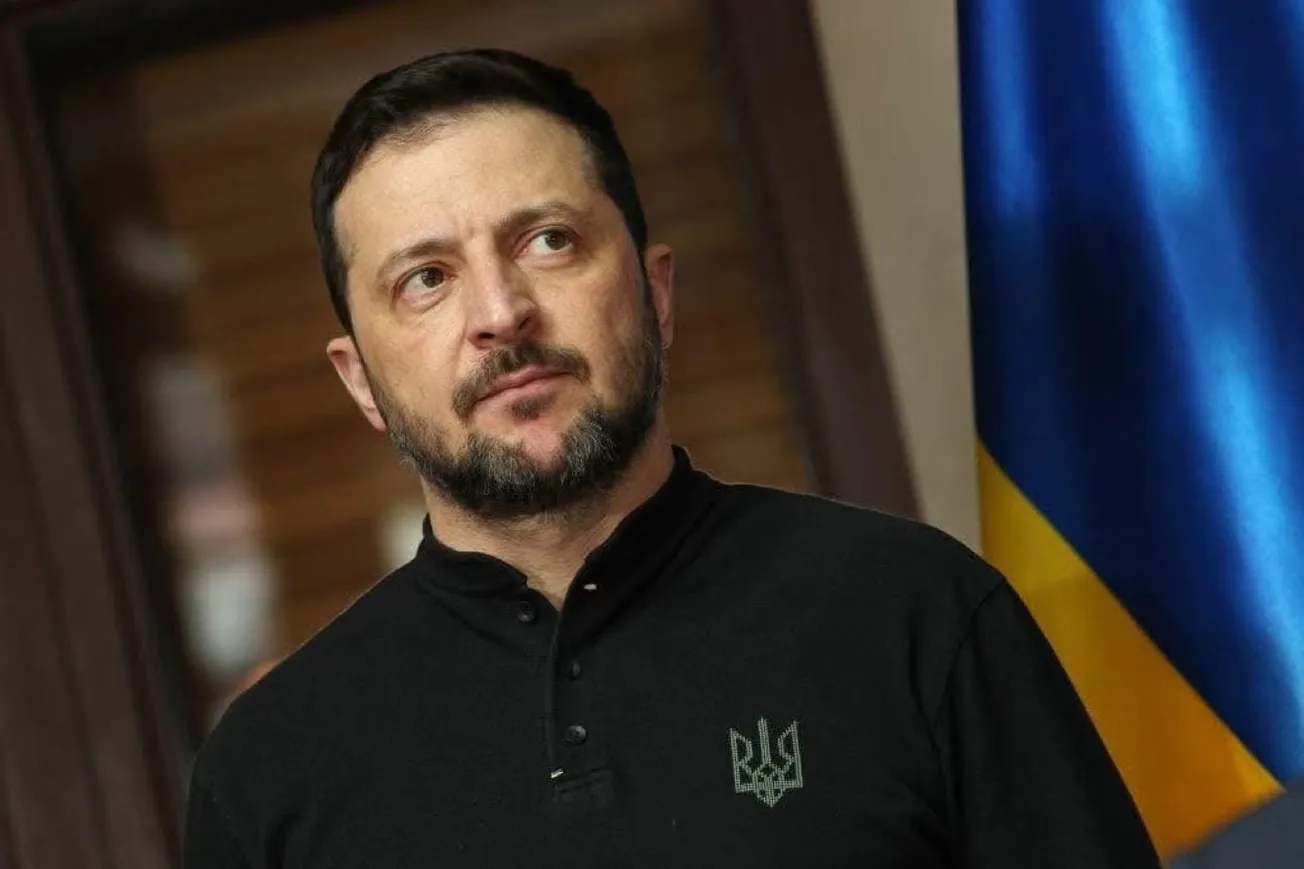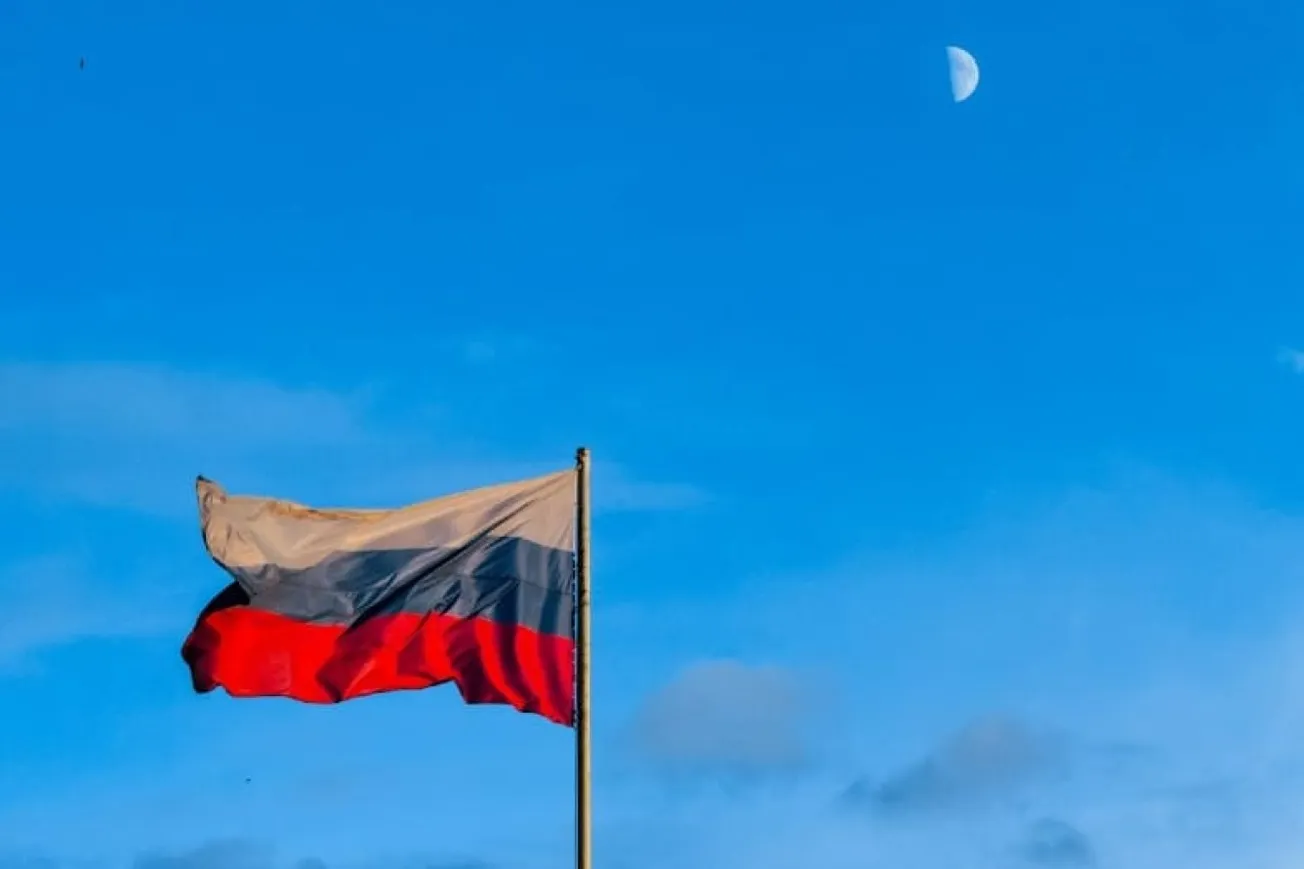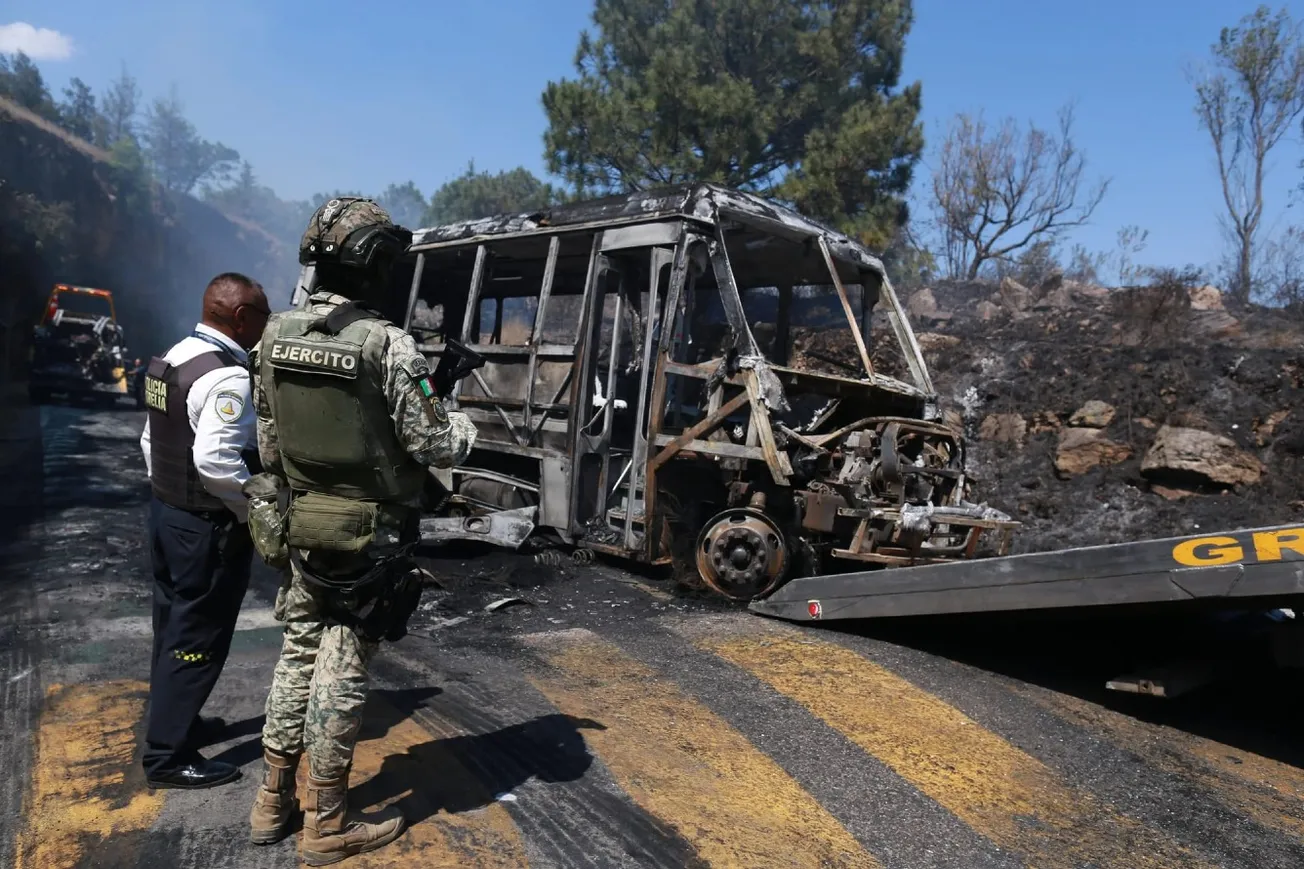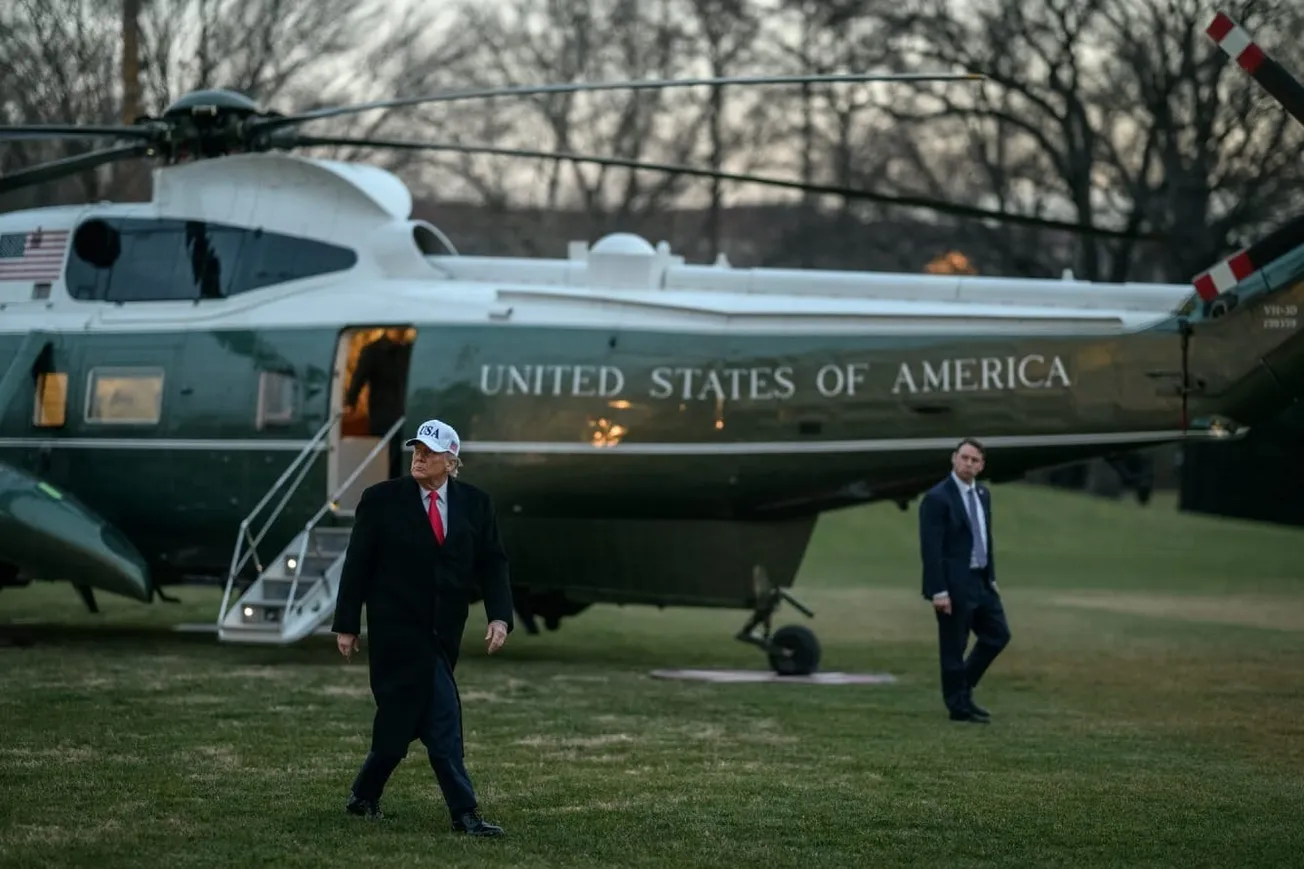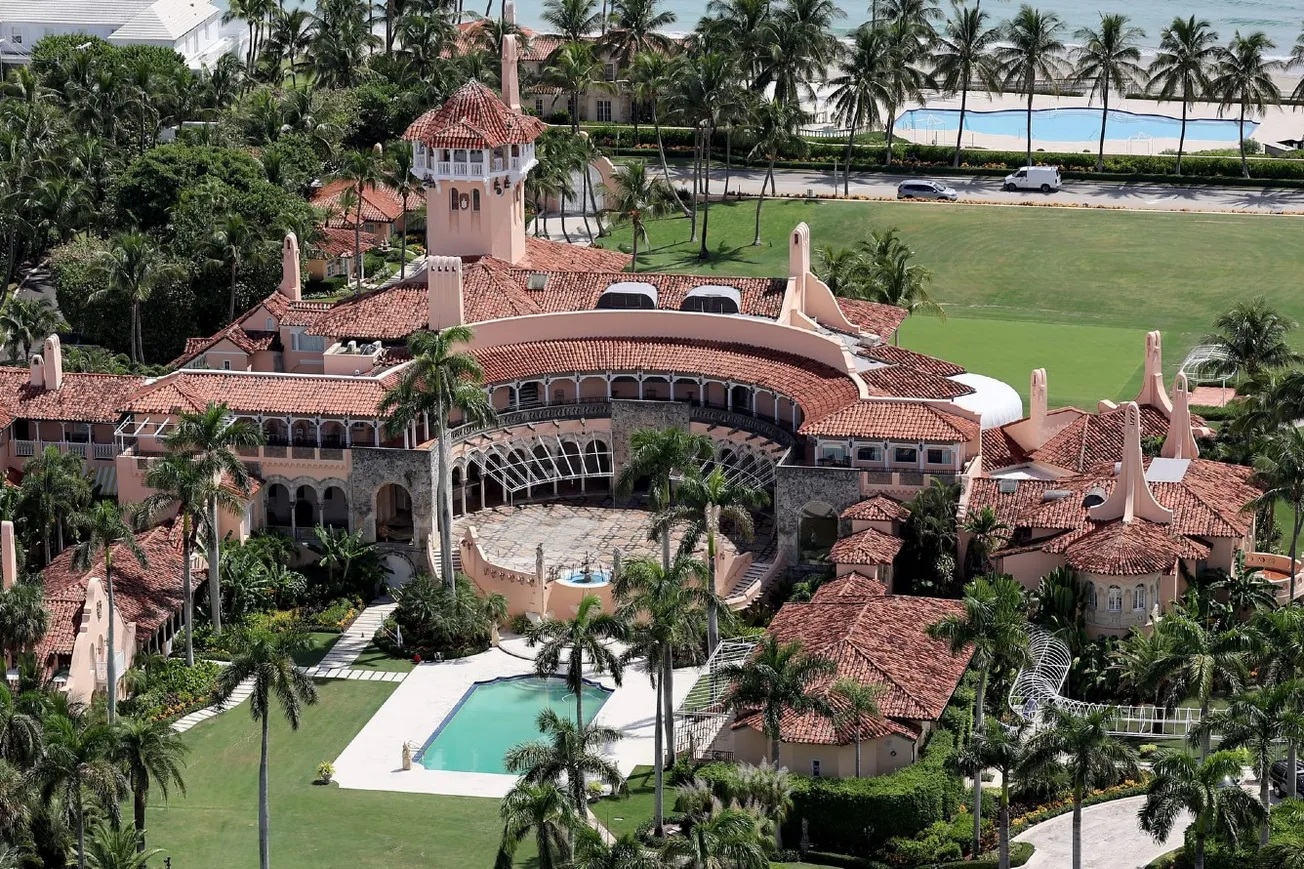Editor’s Note:
We know our readers value strong leadership and thoughtful diplomacy. This article offers one interpretation of recent events involving President Trump and Russia. While not everyone will agree with its perspective, we believe our readers are best served by seeing all sides of the story.
We know our readers value strong leadership and thoughtful diplomacy. This article offers one interpretation of recent events involving President Trump and Russia. While not everyone will agree with its perspective, we believe our readers are best served by seeing all sides of the story.
By Nina L. Khrushcheva - Project Syndicate | April 11, 2025
US President Donald Trump is threatening to impose yet more sanctions on Russia, in order to pressure President Vladimir Putin to accept a ceasefire deal in Ukraine. But if Putin leverages the right mix of well-calibrated demands and tantalizing economic offers, he may well be able to position himself as the one calling the shots.

